I am thrilled to share results from my collaboration with SSRS and ARCHANGELS, “Caregiving in America: The Common Thread in Every Community.” Here are excerpts from our report: Our nationally representative sample of n=2,012 U.S. adults finds that in the year prior to the survey, 36 percent of Americans provided unpaid care to a family […]
Wow! How? Every Cure
David Fajgenbaum was in medical school when his body began shutting down. A former college quarterback, he lay in bed, nearly helpless, as a priest read him his last rites. Then a doctor pitched a Hail Mary pass by administering seven different types of chemotherapy, hoping to blast Castleman disease out of Fajgenbaum’s body. It […]
Wow! How? Community
Vicki McCarrell had always dreamed of becoming a mother. When she gave birth at age thirty-eight to her son Sean, life seemed complete. Yes, he had the full facial paralysis typical of Moebius syndrome, but otherwise, he looked perfect to her. Indeed, at the hospital near her home in Van Nuys, California, she was given […]
Jill Dopf Viles, DIY scientist
Jill Dopf Viles suspected a killer was hiding in her family’s genetic code. Symptoms popped up among her siblings, her father, her uncle, her grandmother, but, despite 15 annual visits to the Mayo Clinic, no clinician suggested anything more specific than muscular dystrophy. Viles studied genetics in college and spent hours in the library, reading […]
Diabetes by Design
Alex Durussel-Baker was on a plane taxiing down a runway when she found out she had Type 1 diabetes. She had been increasingly tired and had lost a lot of weight without meaning to, so had gone to a clinic where she lives in Edinburgh to get checked out. The nurse was reassuring – even […]
Wow! How? Psychedelic Outlaws
Imagine the nerves behind one of your eyes suddenly bursting into flames of pain, relentlessly burning for hours. The pain recedes, then roars back, day after day. You try to describe what is happening inside your head to your family, your clinicians, even yourself, but words fall short. It is the worst pain a human […]
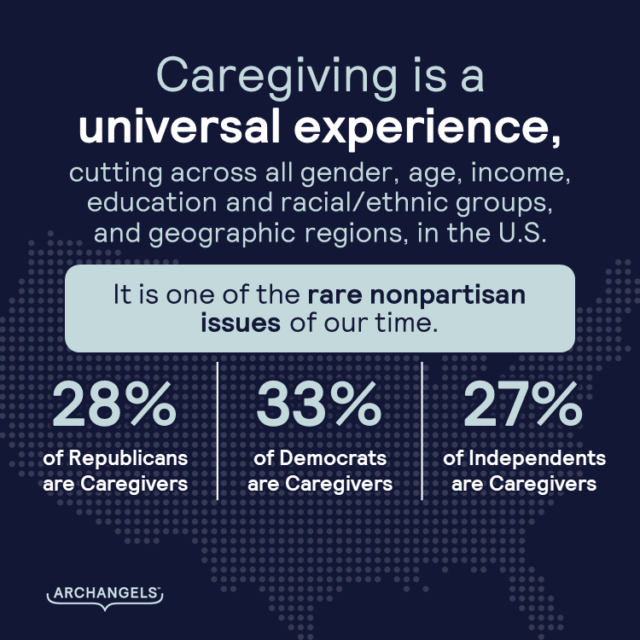
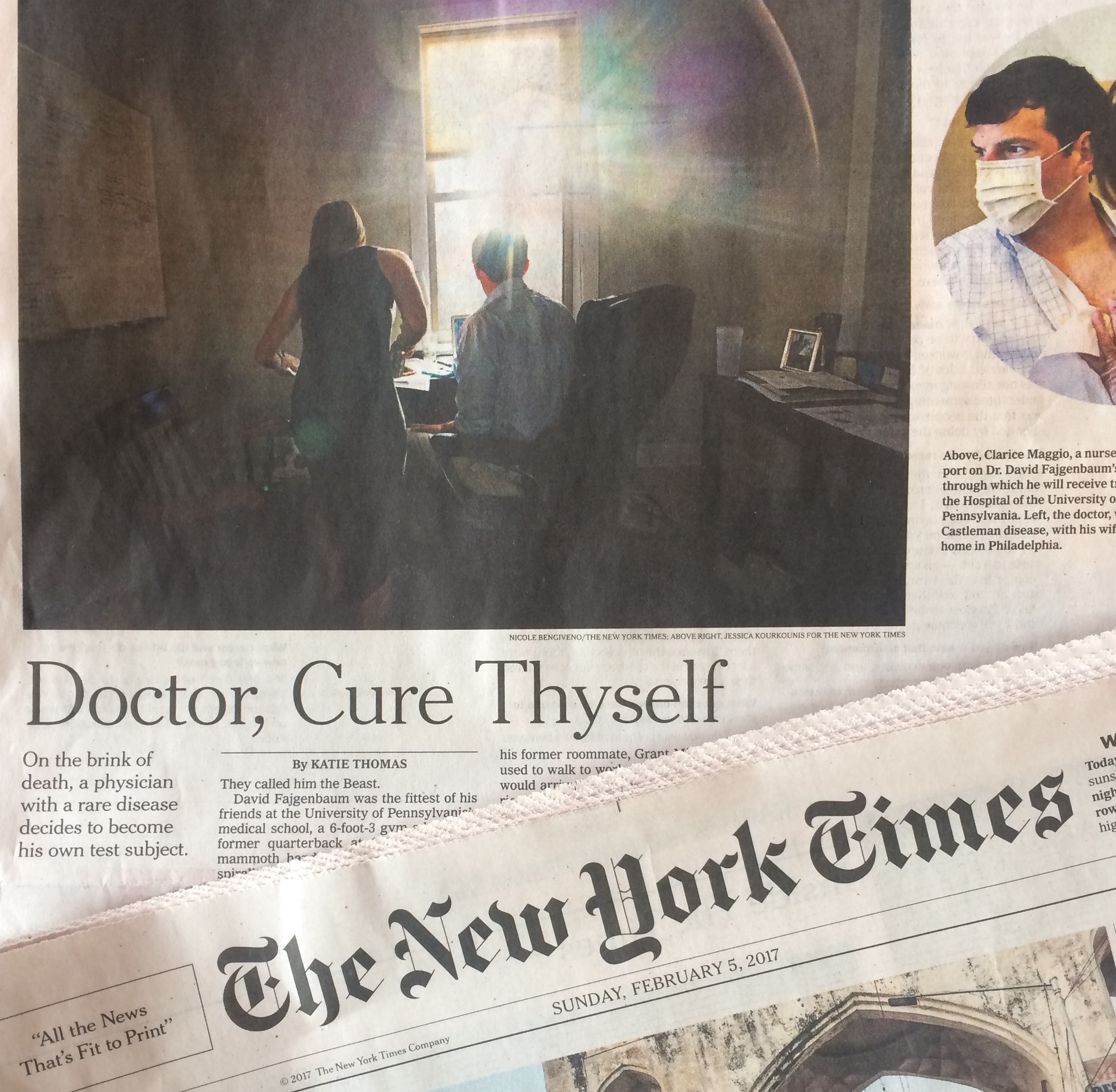
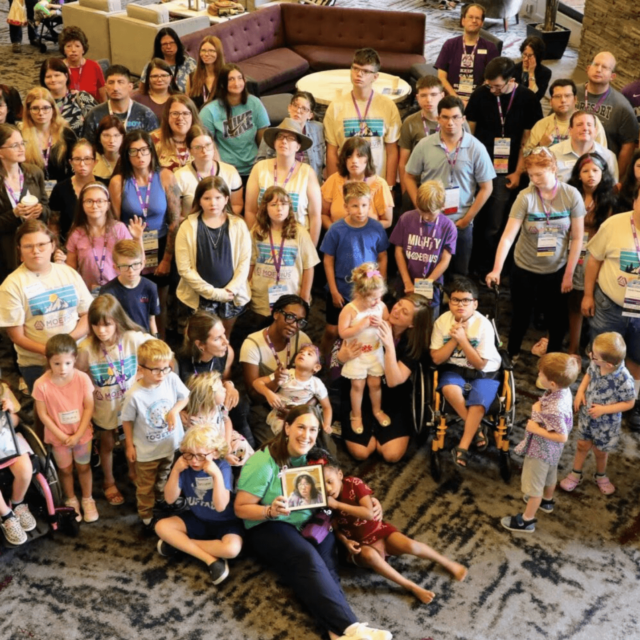
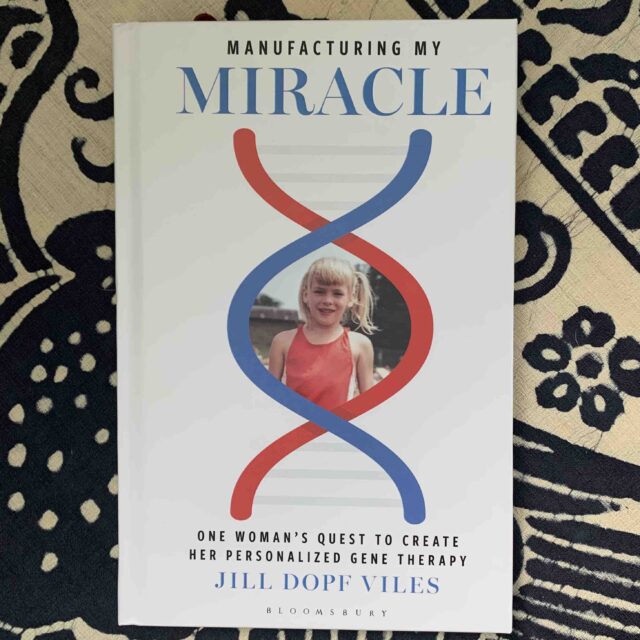
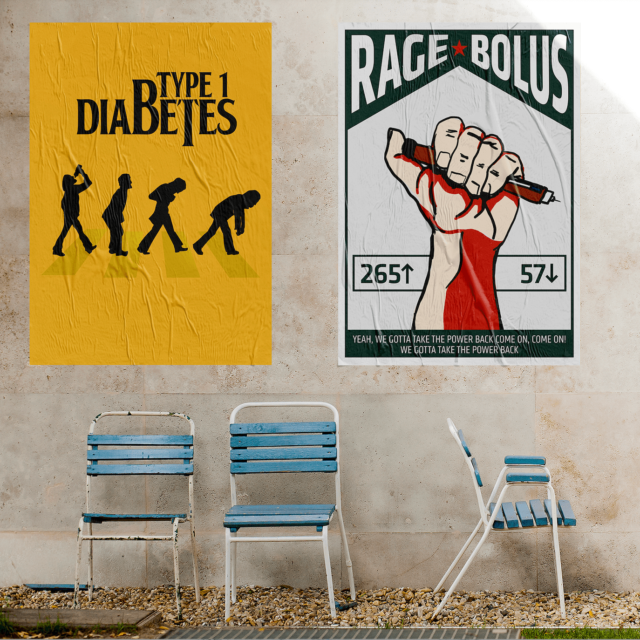
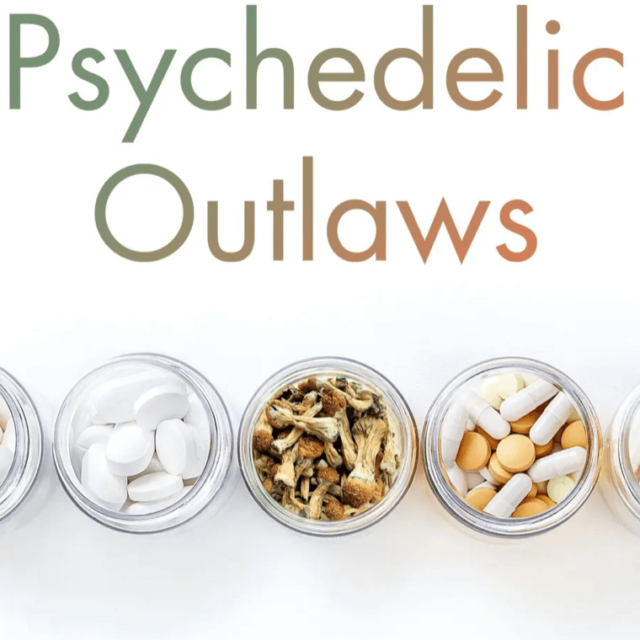
Recent Comments